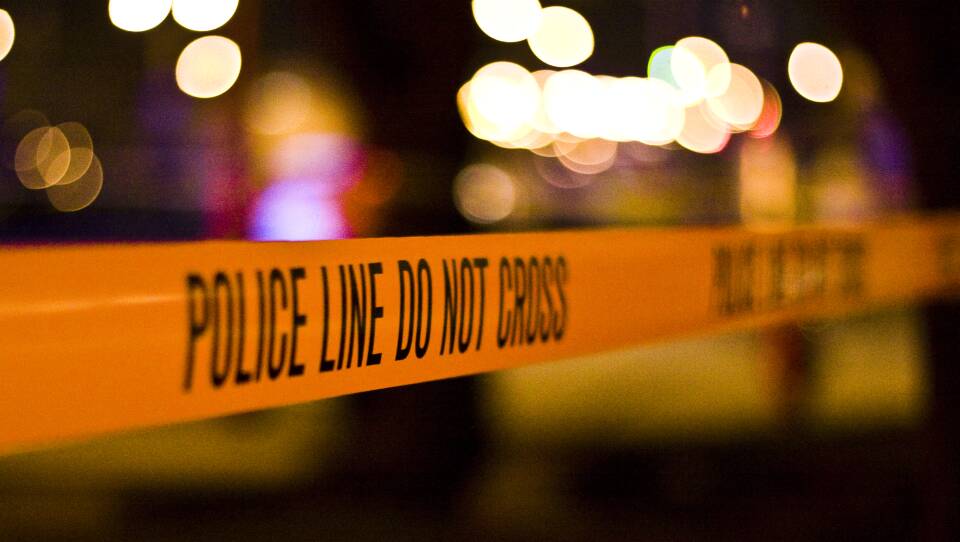So far this year, 16 people have been murdered in Boston, with Dorchester being the most affected neighborhood.
But Ruth Zakarin, executive director of the Massachusetts Coalition to Prevent Gun Violence, said that statistic doesn't cover the full trauma people are experiencing.
"Ultimately, if we have one death from gun violence, one family bereaved, one community traumatized, then we have a crisis," Zakarin said on Greater Boston. "We shouldn't have any deaths from gun violence. There are ways to prevent this and make this narrative different."
Zakarin and Donald Osgood Sr., interim director of the Neighborhood Trauma Team Network, are two advocates at the forefront of the effort to reduce violence in Boston. They said teens and young adults have been advocating for change and driving engagement forward.
Osgood said bridging gaps with mental health, education and policing are all key to helping reduce violence.
"If we don't have resources in the community for the young people, the system is kind of stacked against them," he said. "And until we understand that, we will go around in circles."
Watch: ‘If we have one death ... we have a crisis’: Leaders look to address root of gun violence in Boston






